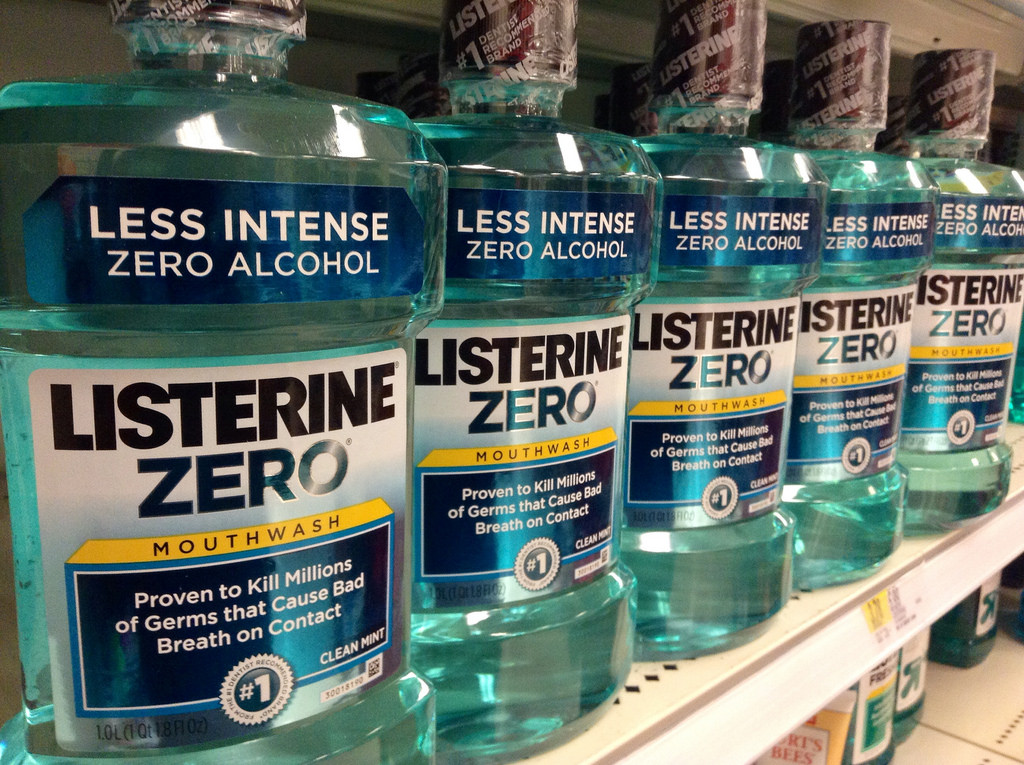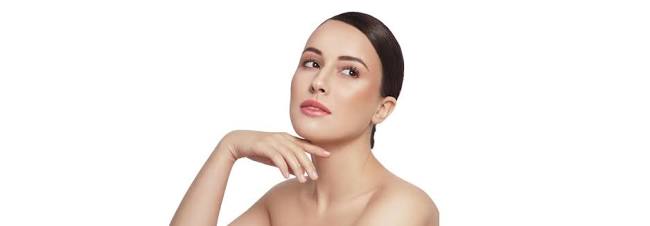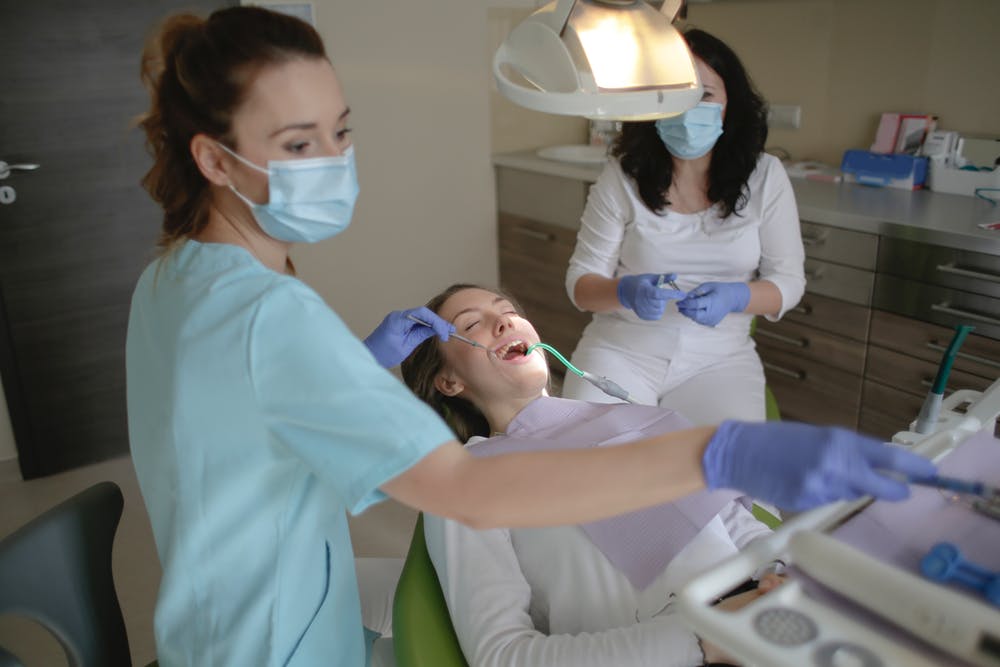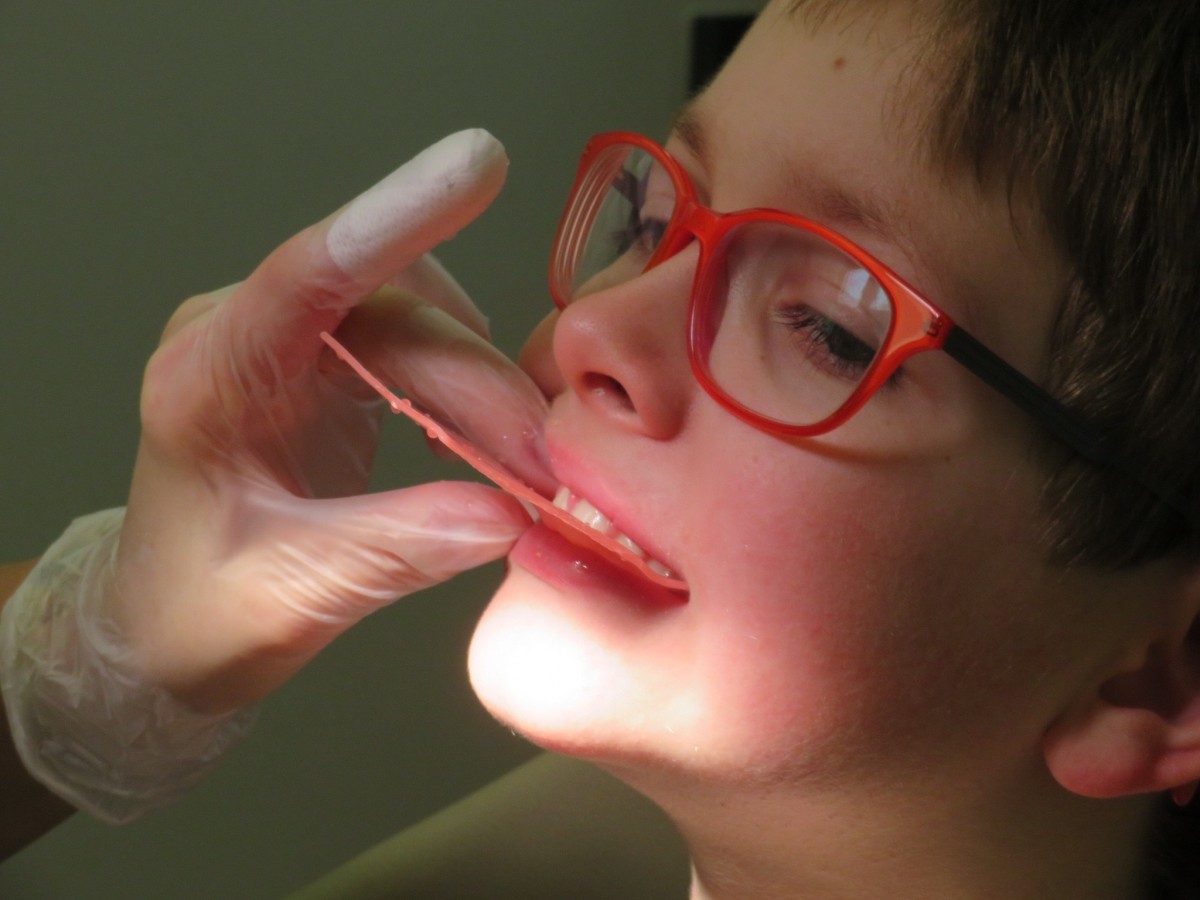Written by Dr. Sushma Sharma who is a Medical Practitioner and has Masters in Dental surgery (Orthodontics and Dento-facial Orthopedics)
Mouthwash has become an integral part of oral hygiene regime along with tooth brushing and flossing. Mouthwash can easily go into places between your teeth and gums, and can help remove food particles that might have missed when you last brushed.
2 Types of Mouthwashes
Not all mouthwash are same. Mouthwash can be categorised into two types : Therapeutic and cosmetic.
Cosmetic mouthwash
Used for bad breath freshener and its use is not regulated by FDA. Cosmetic mouthwash is not able to kill the bacteria which is responsible for bad breath just masks the mouth odour temporarily but have no chemical or biological application beyond their temporary benefit.
Therapeutic mouthwash
This category of mouthwash contain active ingredient which are aimed at killing bacteria which help to reduce plaque, fight gingivitis and control tooth decay. These agents FDA approved and are proven in terms of safety and efficacy.
Therapeutic mouthwash is available both over-the-counter and by prescription, depending on the formulation. For example, mouthwashes containing essential oils are available in stores, while those containing chlorhexidine are available only by prescription.
Active ingredients that may be used in therapeutic mouthwash include:
- Cetylpyridinium chloride or zinc chloride -for bad breath
- Chlorhexidine- helps to control plaque and gingivitis.
- Essential oils(e.g., eucalyptol, menthol, thymol, and methyl salicylate) – helps to control plaque and gingivitis.
- Fluoride- prevent tooth decay.
- Peroxide- for tooth whitening
- Biotene – Helps manage dry mouth,
Mouthwash is an adjunct to daily a toothbrush and flossing, not a substitute
Sometimes when you are getting late for work, in a hurry, using only mouthwash to freshen up is a tempting quick fix. But this is not recommended at all. Mouthwash offers the benefit of reaching areas not easily accessed by a toothbrush. However,nothing can be a replacement for tooth brushing and flossing. Regular oral care routine of twice-daily brushing and daily flossing is mandatory.
Effectiveness of Mouthwash of Mouthwash on bad odour (Oral Malodor,Halitosis)
Bad breath is due to volatile sulfur compounds formed as a result of bacterial disintegration of food particles, dental plaque and bacteria associated with oral disease.
Cosmetic mouthwashes can temporarily mask bad breath and provide a pleasing flavor, but do not have an effect on bacteria or volatile sulphur compounds. Mouthwashes with therapeutic agents like antimicrobials, however, may be effective for more long-term control of bad breath.
Reason of bad breath is not only oral
Most common reason for bad breath is poor oral hygiene. Brushing and flossing ensure the removal of small particles of food that can build up and slowly break down.
A mouthwash can temporarily restrict bad breath, but it is never a permanent solution. A good oral hygiene comes from regular brushing and flossing practice and these are still the best ways to curb bad breath from its root.
But this is not sole reason of bad breath , there are other potential causes of bad breath include:
Tobacco chewing or smoking, Xerostomia or Dry mouth, certain drugs including nitrates, some chemotherapy agents and some tranquilizers, such as phenothiazines.
People on crash diets ,low in carbohydrates and in fasting can lead to bad breath as there is breakdown of fats producing chemicals called Ketone which have strong aroma.
Infection involving mouth nose and throat or sinuses ,diseases like cancer liver failure respiratory diseases kidney failure; Gastroesophageal reflux disease (GERD) can cause bad breath due to the regular reflux of stomach acids
Until unless the root cause of bad breath is not cured, bad breath cannot be treated.
How to choose a Mouthwash
Use prescription mouthwashes as directed (i.e., dose, frequency, time in mouth). Consult your dentist before buying any mouthwash ,the best person to recommend a mouthwash suitable for your oral needs.
Alcohol containing Mouthwash – yes or no?
Try to avoid alcohol containing mouthwash. Alcohol – specifically ethanol – can cause an initial burning sensation, unpleasant taste and bouts of dryness in the mouth. If you have a sensitive mouth, consider an alcohol-free or natural mouthwash. Natural mouthwashes often contain ingredients for a soothing effect.
When and how to use Mouthwash
After you are done with brushing and flossing, rinse your mouth with cap full of mouthwash.
Avoid brushing, smoking, eating food or drinking water, or rinsing your mouth after using a mouthwash for about 15 to 20 minutes. This will give sufficient time for the active ingredients in the mouthwash to act in the mouth. Brushing after mouthwash removes all the effect of the rinse.
If you missed mouthwash once in a day, use the rinse as soon as possible; doubling the dose will have no therapeutic effect.
Duration and Frequency of Mouthwash
Swish mouthwash for at least 30 second and then spit it out. Mouthwash is strictly meant for spitting and accidental consumption may not be good for your health.
Dilution-How much Water to be added in Mouthwash?
Read manufacturer instructions carefully written on the label of mouthwash button different brands have different concentrations and some may recommend that you delete them with water if the label does not tell you to dial you then use undiluted.
Whether to Rinse Before or after Brushing
Best is to use mouthwash or any other oral health care product according to recommendations provided by the manufacturer. Sometimes ingredients have to be used specific order for their use.For example, some dentifrice ingredients (like calcium hydroxide or aluminum hydroxide) can form a complex with fluoride ions and reduce a mouthwash’s effectiveness. Therefore, vigorous rinsing with water may be recommended after brushing and before rinsing if these ingredients are present.
Side Effects of Mouthwash
Prolonged usage of alcohol containing mouthwash causes tooth sensitivity.
Cetylpyridinium and chlorhexidine may cause brown staining of teeth, tongue, and/or restorations and alteration in taste sensations.
Safety Margin of Mouthwash for children
American Dental Association recommends waiting until they are 6 years or older. By this age, most kids have developed the reflexes they need to spit mouthwash out as directed. After this age, select a mouthwash that is alcohol-free and sugar-free, and contains an anti-cavity substance like sodium fluoride.
Please connect with Dr. Sushma Sharma on Linkedin for any queries:
https://www.linkedin.com/in/dr-sushma-dhiman-4a64b0101/
Frequently Asked Questions on Dental Health
1. Oral Cancer- Early Signs and Risk Factors
2. Midline Diastema – Causes and Treatment Options
3. 5 Dental Treatments to Enhance Your Smile
4. Importance of Dental Visit for Infants
5. Dental Tourism in India – Advantages and Disadvantage
6. Can Eating Disorders effect Dental Health?
7. How to Reverse Tooth Decay and Dental Caries with Diet?
8. Complete Information on Mouthwash for Dental Health
9. Dental Myths and Facts in Society-by Dr. Sushma Sharma(Dhiman)
10. Oil Pulling-Benefits, Tips and Methods for Dental Health
11. 4 Great Tips to Help You with Your Smile Makeover
12. What Are The Early Signs Of Gum Disease?
13. 7 Ways to Treat Gapped Teeth Effectively
14. Should I Go to the Dentist When I’m Sick?
15. Habits Start Young: 4 Ways to Implement a Healthy Routine for Your Kids
16. Receding Gums: Causes, Symptoms, and How to Treat Them
17. How to Get Your Biggest, Brightest, and Whitest Smile
18. How Menopause affects Oral Health?
19. Tongue tie in children-know all about the symptoms and cure
20. How to Deal with Black Spaces in your Teeth
21. The Effects of Enlarged Tonsils on Dentition
22. 8 Amazing Benefits Of Baking Soda And Lemon for teeth
23. What Should we Eat and Avoid with Braces?
23. 9 Traditions to Dispose of Lost Milk Teeth




